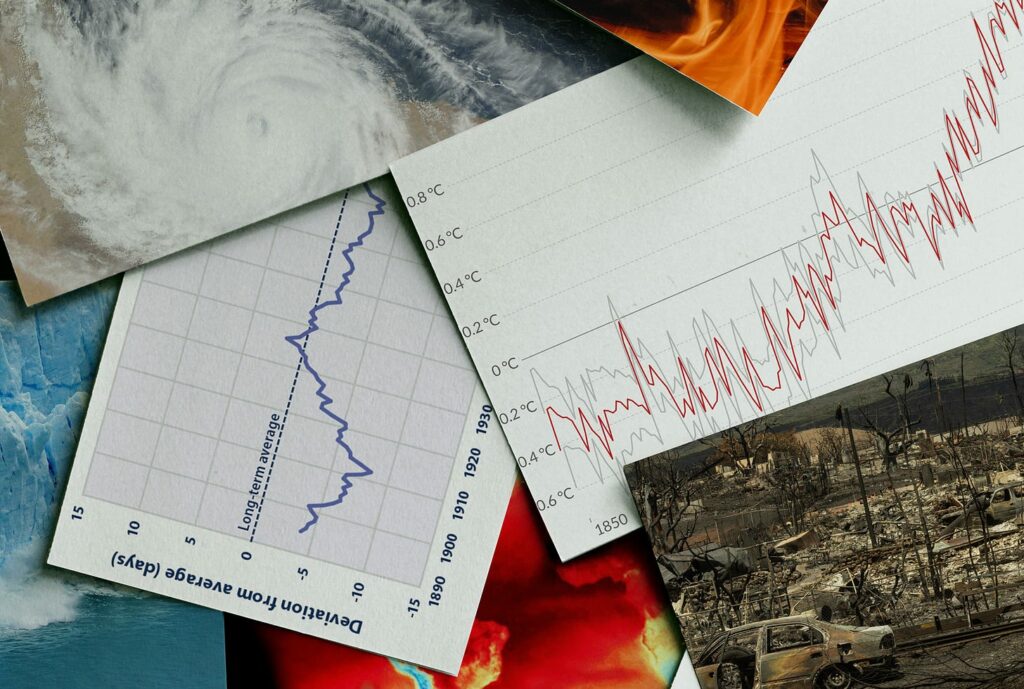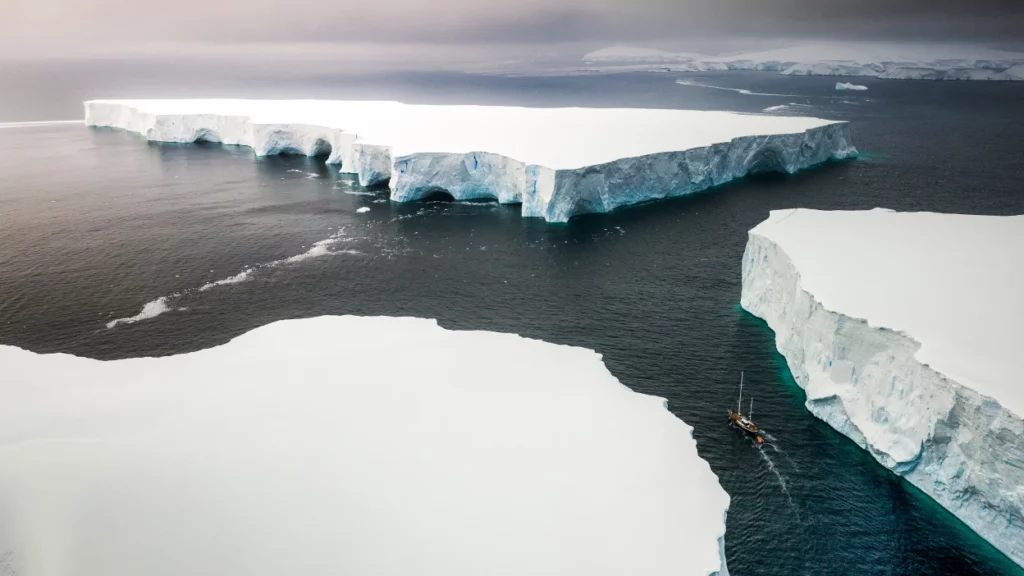Just in time for the IPCC's special report on warming oceans and melting ice comes news that Nature magazine has retracted an influential 2018 paper alleging that the oceans were warming faster than everyone thought. The study garnered worldwide headlines because it told journalists and policymakers exactly what they wanted to hear: warming bad, worse than we thought, our fault, yada yada. And it was published in the world's premier scientific journal so rigorous peer review, yada yada. Yet when an amateur British scientist – the sort of non-specialist activists tell us to ignore – looked at the paper he immediately spotted a math error, and over the next few days uncovered a host of others. At first the authors tried to claim their results were still valid, but after nearly a year of investigating, Nature magazine sided with the amateur and yanked the paper.
Nicholas Lewis, the outsider who found the errors, trained in mathematics and statistics and worked in the finance sector before retiring. Among his hobbies is reading papers in the field of climatology. And along with many others, he has realized that climatologists rely heavily on statistical analysis in which most have little training. Although Lewis has published a number of technical papers in climatology journals, were he to speak to a typical Canadian reporter on the subject, he'd be shut down because he's precisely the sort of "amateur" journalists insist has no business discussing the subject. They'd sniff that "he's not a climatologist."
Unfortunately the climatologists who wrote the study weren't statisticians, the study depended on getting the numbers right, and they got them badly wrong. Worse, none of the reviewers at Nature caught the errors either, until Lewis wrote to tell them.
When the study appeared in October 2018 it supposedly showed, using a fancy new method, that the oceans had absorbed far more heat than indicated in other data sets. The finding was important because computer models were projecting more warming than was occurring so it was necessary either to revise the models in a less scary direction or find the “missing” heat. The paper was acclaimed for apparently having done so. (Of course if it had found that the oceans had absorbed less heat than we thought, far from being hailed as a breakthrough, it would probably have been rejected for publication.) But Lewis showed that the authors' data actually indicated no more heat accumulation in the oceans than all the other studies had estimated, and moreover that the results were far more uncertain than the authors let on.
There was a bit of media coverage of the initial discovery of the error. But nothing compared to the wall-to-wall coverage of the original story, as likewise there will be little or no coverage of the retraction. A panic is half-way around the world before sober second thought has its boots on. And as always, the media treatment of these stories is worse than we thought.


